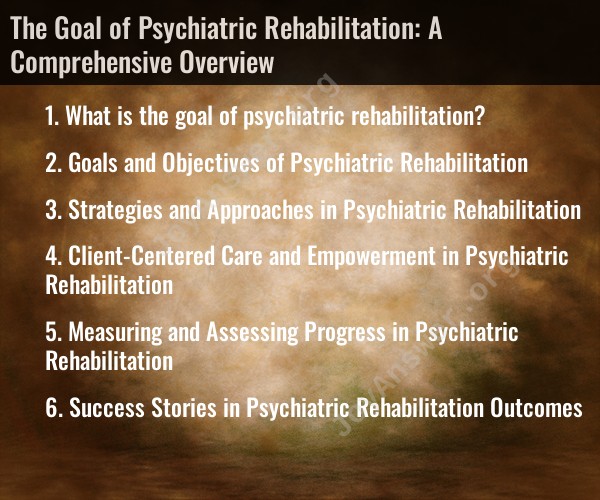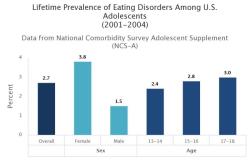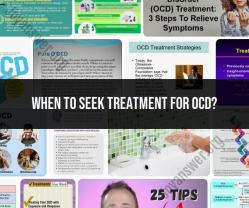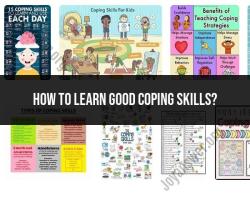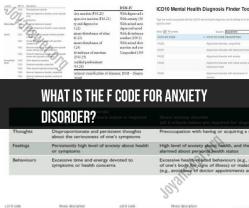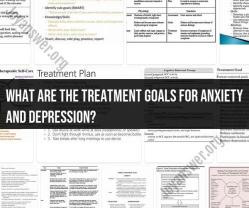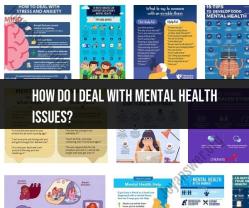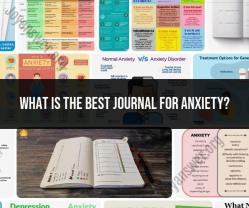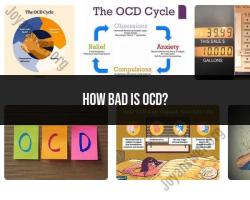What is the goal of psychiatric rehabilitation?
The goal of psychiatric rehabilitation is to support individuals with mental health challenges in achieving their highest level of functioning and overall well-being. This approach is focused on helping people recover from the effects of mental illness, regain control over their lives, and participate in meaningful and fulfilling activities. Here is a comprehensive overview of the goals of psychiatric rehabilitation:
Recovery and Resilience:
- The primary goal of psychiatric rehabilitation is to promote recovery and resilience in individuals with mental health conditions. This means helping them regain a sense of purpose, hope, and empowerment in their lives.
Functional Improvement:
- Psychiatric rehabilitation aims to improve an individual's functional abilities in various domains of life, such as work, education, social relationships, and daily living skills. The goal is to help people live as independently as possible.
Community Integration:
- Encouraging individuals to become active and valued members of their communities is a central objective. This includes promoting social inclusion and reducing stigma associated with mental illness.
Holistic Well-Being:
- Psychiatric rehabilitation addresses not only the mental health symptoms but also the physical, social, and emotional aspects of well-being. It emphasizes the importance of a person's overall health.
Empowerment and Self-Determination:
- Promoting self-determination and empowerment is crucial. Individuals should have a say in their treatment and life choices. Rehabilitation programs aim to build their self-confidence and self-advocacy skills.
Recovery-Oriented Services:
- Psychiatric rehabilitation services are guided by recovery-oriented principles. They are person-centered, strengths-based, and focus on individual goals and preferences.
Skill Development:
- Rehabilitation programs provide opportunities for individuals to develop or redevelop a range of skills, including vocational skills, communication skills, problem-solving, and coping skills.
Supported Employment and Education:
- Assisting individuals in finding and maintaining employment or pursuing education is a critical component. This helps them achieve financial independence and build a sense of purpose.
Social Support and Peer Networks:
- Connecting individuals with peer support networks and social support systems is essential for reducing isolation and fostering a sense of belonging.
Medication and Symptom Management:
- While not the sole focus, rehabilitation programs may provide education and support for medication management and symptom control as needed.
Crisis Prevention and Management:
- Teaching individuals effective strategies to prevent and manage crises is important to reduce relapse and hospitalization.
Quality of Life Enhancement:
- Ultimately, the goal of psychiatric rehabilitation is to enhance the quality of life for individuals with mental health challenges. This includes improving their overall life satisfaction and well-being.
Reducing Recidivism:
- By addressing the root causes of mental health challenges and teaching coping strategies, psychiatric rehabilitation aims to reduce the likelihood of relapse and rehospitalization.
It's important to note that psychiatric rehabilitation is a collaborative process that involves mental health professionals, individuals receiving services, their families, and the community. The specific goals and strategies may vary based on individual needs and preferences, and the approach can be tailored to address a wide range of mental health conditions. The overall objective is to support individuals on their journey toward recovery and a fulfilling life despite the challenges of mental illness.
Goals and Objectives of Psychiatric Rehabilitation
The goals and objectives of psychiatric rehabilitation are to help people with mental illness achieve their full potential and live full and meaningful lives. This includes helping them to:
- Recover from their symptoms and manage their illness
- Develop and maintain independent living skills
- Improve their social and interpersonal relationships
- Achieve their educational and vocational goals
- Participate fully in their communities
Strategies and Approaches in Psychiatric Rehabilitation
Psychiatric rehabilitation uses a variety of strategies and approaches to help people with mental illness achieve their goals. Some common strategies include:
- Cognitive-behavioral therapy (CBT): CBT helps people to identify and change negative thought patterns and behaviors that are contributing to their mental illness.
- Social skills training: Social skills training helps people to develop and improve the social skills they need to interact effectively with others.
- Vocational rehabilitation: Vocational rehabilitation helps people to develop the skills and knowledge they need to find and maintain employment.
- Medication management: Medication management helps people to use their medications effectively and avoid side effects.
- Family support: Family support helps people to involve their families in their recovery and to build a supportive network.
Client-Centered Care and Empowerment in Psychiatric Rehabilitation
Client-centered care and empowerment are essential components of psychiatric rehabilitation. Client-centered care means that the rehabilitation process is tailored to the individual needs and goals of the client. Empowerment means that people with mental illness are given the tools and resources they need to make their own decisions and take control of their lives.
Measuring and Assessing Progress in Psychiatric Rehabilitation
It is important to measure and assess progress in psychiatric rehabilitation so that the rehabilitation process can be adjusted as needed. Some common measures of progress include:
- Symptom reduction: This can be measured using standardized rating scales or by asking the client to rate their own symptoms.
- Functional improvement: This can be measured by looking at the client's ability to perform independent living skills, maintain social relationships, and participate in their community.
- Quality of life: This can be measured by asking the client to rate their own satisfaction with their life.
Success Stories in Psychiatric Rehabilitation Outcomes
There are many success stories of people with mental illness who have achieved their goals through psychiatric rehabilitation. Here are a few examples:
- One person with schizophrenia was able to recover from his symptoms and manage his illness with the help of CBT and medication management. He is now able to work full-time and live independently.
- Another person with bipolar disorder was able to develop her social skills and improve her relationships with others through social skills training and support groups. She is now able to maintain a healthy and fulfilling life.
- A third person with depression was able to find and maintain employment through vocational rehabilitation services. He is now able to support himself and his family.
These are just a few examples of the many people with mental illness who have achieved their goals through psychiatric rehabilitation. With the right support and services, people with mental illness can lead full and meaningful lives.
